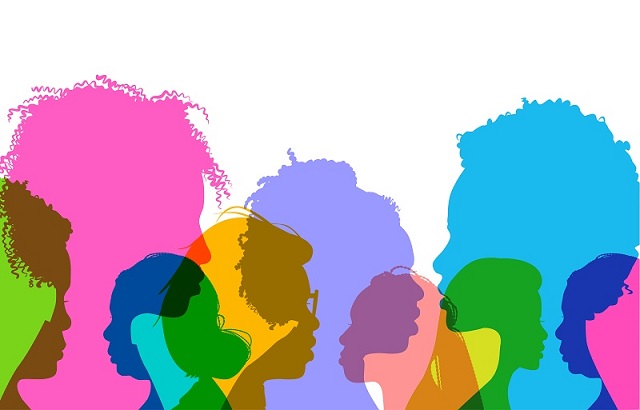There has been a lot of conversation around the gender pay gap, the #MeToo movement and the force driving gender equality in the workplace; but what has exactly changed?
International Adviser reached out to Shona Baijal, managing director at UBS Global Wealth Management, to see what is holding women back from entering the financial services industry both as professionals and as investors.
“Things have not changed enough and not by anywhere near the degree and amount that was intended,” Baijal told IA.
“I think we have to accept that this might well be a generational shift.”
While there have been more women entering junior positions, representation is still lacking at the top.
Which is why Baijal said that the industry needs to focus on three main things when it comes to women: keeping them, promoting them and hiring more of them.
Is the industry female-friendly enough?
“We need role models to use their voices to talk about their experiences and challenges, but also to talk about how to fix the problems they encountered,” she added.
“It’s all about communication. You need to get the man behind this and make them see it from a woman’s point of view.
“There is also a commercial aspect to this. A lot of wealth in our client base is growing faster in women’s hands than the wealth in men’s hands.
“So, if we want that, we need to be more aligned to the client base we want in the future,”
As a matter of fact, Credit Suisse found in 2018 that women accounted for 40% of the global wealth.
But, women will face barriers throughout their lives that are going to hold them back both professionally and in terms of wealth – that simply do not exist in the same way for men.
The limits cannot be denied
“The factual limits are still there,” Baijal told IA. “Women have pay gaps; most women will need a level of flexibility when they need to have a family; quite a lot of them may want a level of flexibility when they return to the workplace.
“There are just some things that are known to happen in a woman’s life that don’t mirror themselves in a man’s life.
“All of those things together can add up to still being barriers to progression,” she said.
But the laws are changing. And if men and women are given the same opportunities for those life events – such as equal paternity and maternity leave – women might not face the same hurdles.
Women as investors, the barriers are still there
While life events deeply affect women’s professional lives, they also impact their personal and financial spheres.
Baijal told IA that UBS did a study called Jane and Joe. It takes a man and a woman entering the workplace with the same amount of money at the age of 21. It then follows them throughout their professional and personal lives until retirement.
The results were staggering.
“The overall effect at the point of retirement is that the woman is left not financially independent. The man is left with $5m (£3.8m, €4.4m),” she noted.
“There are five things that happen through the course of women’s lives: pay gap, taking time off to have kids, returning and working with some sort of flexibility, more risk aversion and living for longer.”
Education is key
Baijal thinks the one thing that the financial industry can do to help women is demystifying their attitudes to investment.
“We need to give women the education to understand what risk aversion is and make themselves financially confident.”








